The governor of New Mexico, Michelle Lujan Grisham signed two bills to invest in wildlife conservation initiatives in the state. The bills for the construction of New Mexico’s first wildlife overpasses, which will help free-roaming animals such as cougars, black bears, and bighorn sheep, along with a $100 million trust fund for conservation projects. The state expects to bring in matching federal funds for wildlife crossings and a range of other conservation programmes.
New Mexico has reported several hundred large animal roadkills each year due to collisions, with property damages estimated at nearly $20 million annually. The state’s pioneering wildlife bridge is expected to be situated on a state highway that passes through remote desert oilfields and Native American lands. Other nearby states, including Colorado, Arizona, Utah, and Nevada, have already invested significantly in wildlife crossings.
The wildlife overpasses can provide safe crossing zones for animals and eventually protect their habitats. The state Legislature initially commissioned the plan for the wildlife crossings in 2019 and received GPS tracking data from local communities to plan crucial locations for bridges. The conservation trust fund will bring in investment earnings and provide about $50 million for established programs in environmental stewardship, forest management, watershed health, outdoor recreation, agriculture, historic preservation, and species protection.
Some Republican lawmakers had opposed the conservation trust bill, raising concerns for the state unfairly outbidding individuals for public land holdings. Governor Lujan Grisham has stressed the importance of investing in the conservation of New Mexico’s natural resources for future generations. New Mexico’s recent expenditure proposals, like the $9.6 billion annual spending plan and a $1.1 billion tax relief package, will need the governor’s approval before they can be implemented.



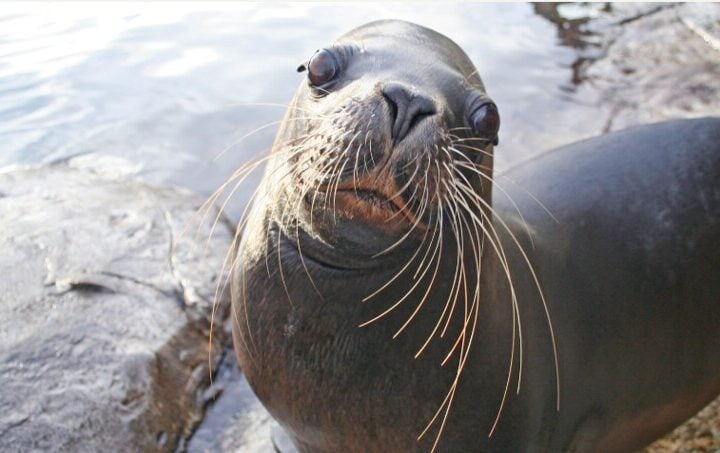
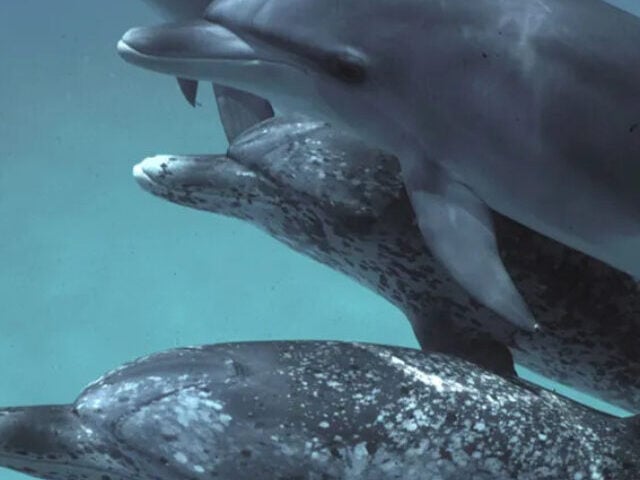
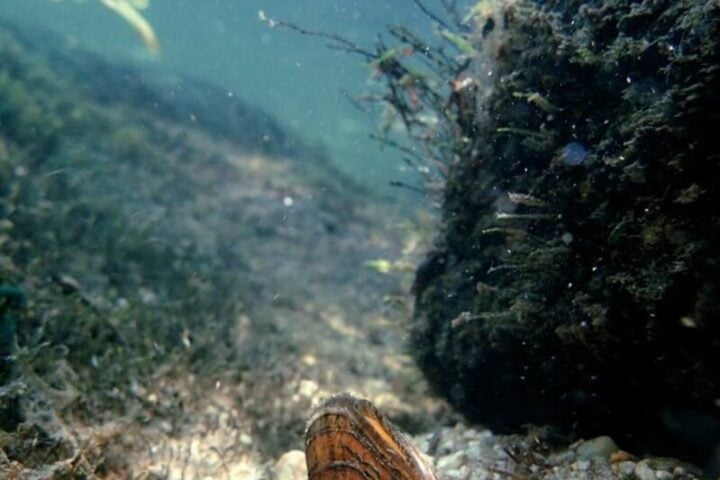

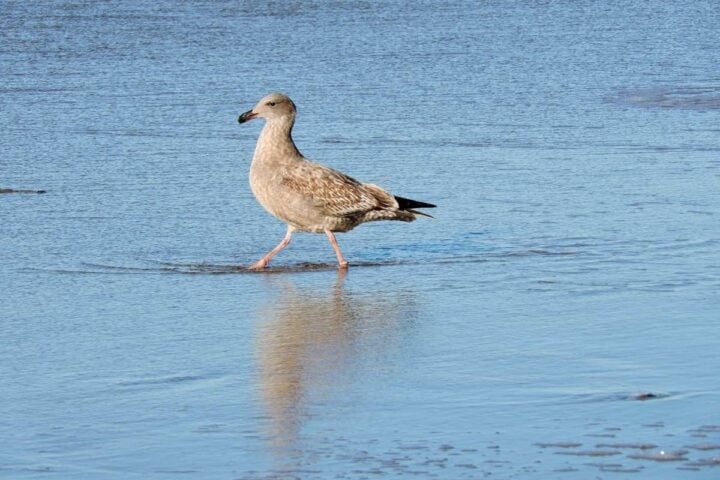




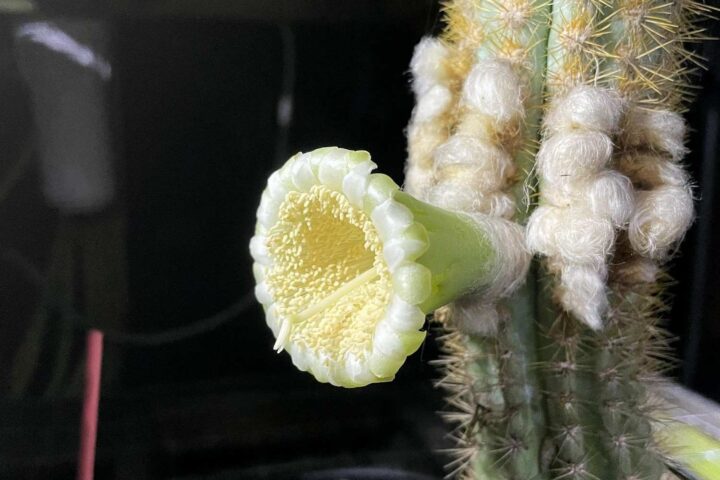

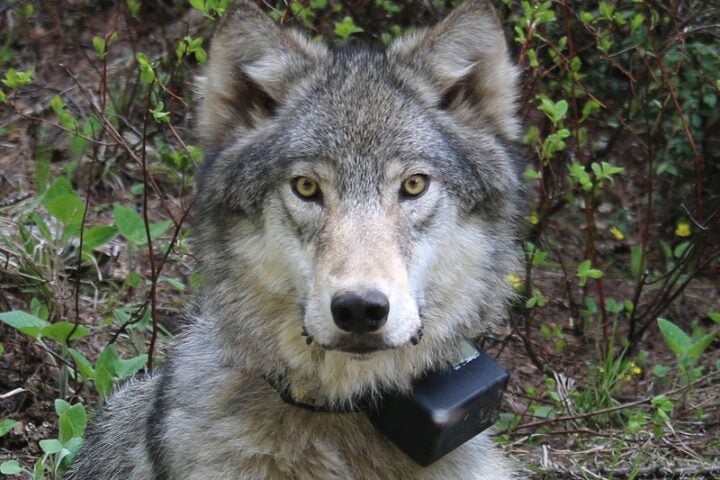


![Representative Image: European Starling [49/366]. Photo Source: Tim Sackton (CC BY-SA 2.0)](https://www.karmactive.com/wp-content/uploads/2025/04/Starlings-Drop-82-in-UK-Gardens-as-Birdwatch-2025-Reveals-Record-Low-Count-Since-1979-720x480.jpg)
